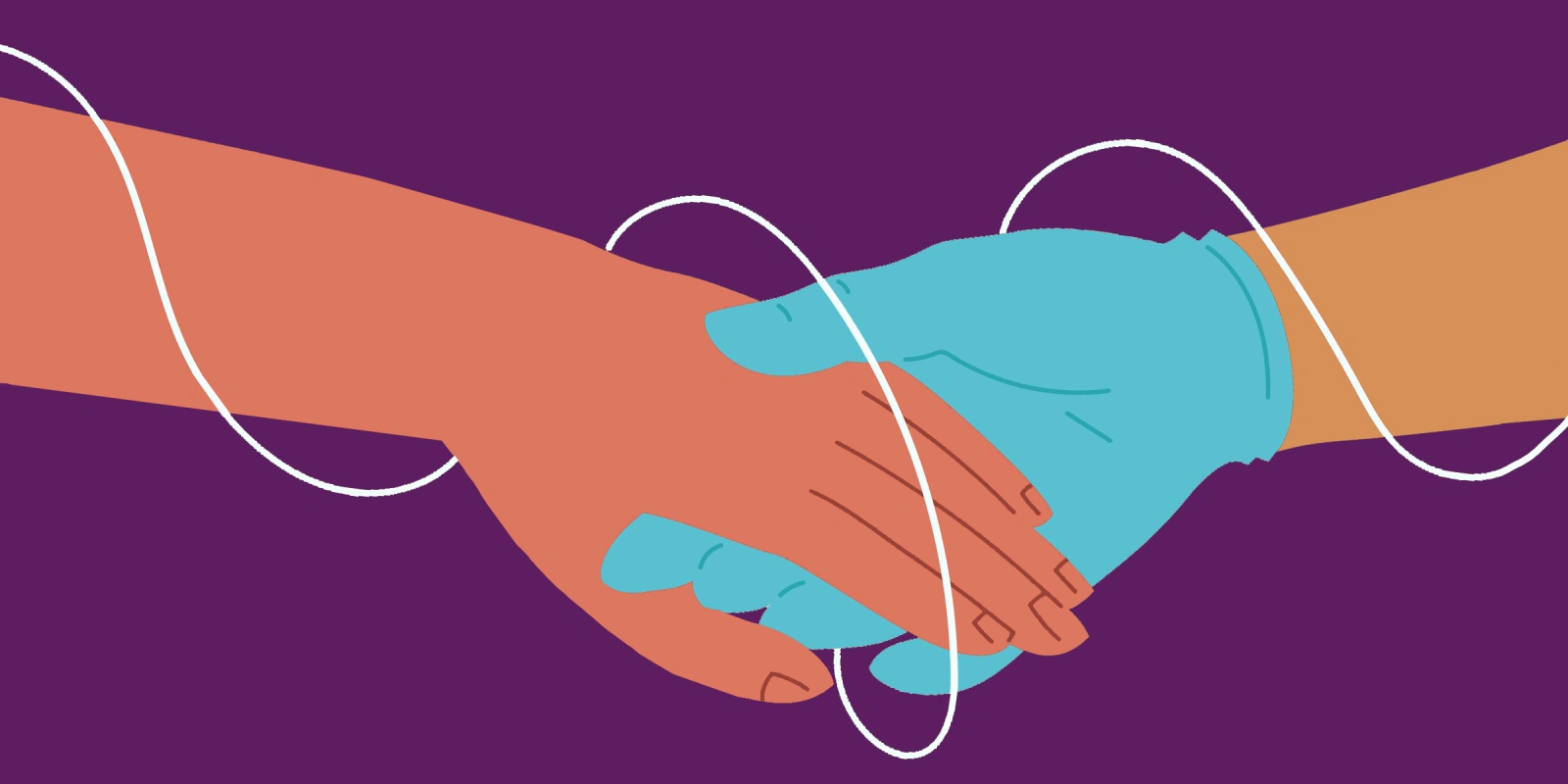I have a master’s degree in physiology, a medical degree, and a family medicine residency under my belt. I’ve been practicing family medicine for 10 years and seen diverse cases and patients. I have also had cancer, six surgeries, and several hospital stays. Some days the latter experience informs my practice of medicine more than the academic and practical experience.
When I listen to fears about having a procedure, I understand the anxiety of sitting in a preop waiting area hoping that everything goes as planned. When a patient talks about how hard it was to go for a follow-up scan and wait to hear if the “abnormality” under investigation was something or nothing, I feel the uncertainty in my own body around getting this news. When a patient has undergone a major procedure or illness, we talk about healing. We talk about rest, fresh air, being around loved ones, leaving space to deal with the emotions of recovery, healthy diet and exercise – all of the things I have needed after surgeries or hospitalizations.
More than any other scenario, I feel this connection when delivering bad news. As a primary care doctor, I’ve had to deliver cancer diagnoses on a regular basis. The biopsy and scan results often come back with news we did not want or predict. I remember the woman my age who came in for her first visit with me. We talked about why she moved here, her family, her job. However, during her breast exam, I noticed a lump. I called her two weeks later to tell her she had breast cancer.
I remember the farmer in his early 80s who came in to see me every three months. He used to see specialists for his diabetes and chronic kidney disease, but decided to let me manage them to allow more time to work on the farm. At one visit, he came in feeling run down. Two weeks later he had a bad spell that took him to the ER. They found a large liver mass. I remember sitting in the exam room with him, his wife and children, and telling them that this was almost certainly cancer. We went through the plan of what he needed to do and who he needed to see. I had to tell him to stop pushing himself to work, make time to rest, and to spend time with family. He passed away a month later.
I remember the retired couple who always came in together. They were energetic and full of life. Unfortunately, she was diagnosed with metastatic cancer several years ago and passed away. I still see her husband. I saw him immediately in his grief, and still see him now with his new partner. I remember sitting with him through those initial visits after she passed. I was not using any medical skill, but just being present with his grief.
I don’t dread these calls or conversations. I don’t put them off, or hope someone else delivers the news first. I have experienced these conversations as a patient, and I know the importance of delivering the news clearly, with no sugarcoating, but with care and understanding. You don’t want to hear words like "atypia" or "malignancy" – they aren’t better and don’t cause less pain than the word "cancer." You want to know the plan – who you have to see next and when. I also remember how I wished my diagnosis could have come from someone with whom I had a relationship, rather than a clinician I met for the first time. I want to be the one on the phone with them, allowing them to hear the news and leaving space for their emotions and grief. I tell them that I wish I had better news, but I don’t. I say that I don’t have many of the answers to the questions floating in their mind – how advanced is it, what treatment do they need, how long do they have – but I am here.
My most valuable asset is not my knowledge or technical skill. It’s not even my ability to listen. It is the shared experience I have as a patient, and my ability to draw on that experience when caring for my patients. As one of my heroes Brené Brown says, “Rarely is a response going to make something better. What makes things better is connection.” The way we experience illness and the medical system may not be the same, but having the ability to connect with the emotions I had as a patient helps me connect with the patients I see. It allows me patience and empathy. I know this ability isn’t unique to me – I have worked with many practitioners who having amazing connections with their patients. But this is the greatest gift I have to offer. It’s why I continued with medical school after my cancer diagnosis, and why I stuck with family medicine despite pressures to specialize. I deeply value the personal connection and longevity of these relationships.
During these hard conversations, I share with my patients that they are not alone. I have felt the fear before the follow-up scan results come back, heard the word cancer spoken as I sat on a hard office chair, felt the anxiety as I waited for a procedure, dreaded the one more lab draw or medication. I tell them to never apologize for getting emotional during our visits. There is not a rule that they have to be calm or clinical in my office. It is a safe place to feel, and to be honest and seen. I am continually blessed by the private and intimate truths that I am allowed to hear at my job. I will try my best to leave judgment behind, see their emotion, and sit with them.
What patient experience of yours makes you a better doctor? Share in the comments.
Christina McDonald is a wife, mother, artist, runner, and cancer-survivor who practices family medicine in the beautiful mountains of Asheville, North Carolina.
Image by fedrelena / Getty







